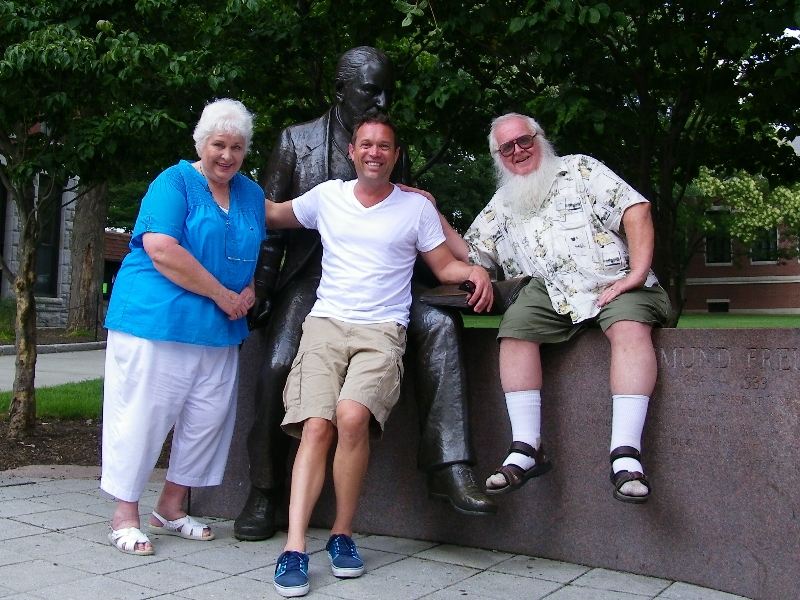
Publications
Queer Camp against Franco: Iván Zulueta’s Eurovision Song Contest Parody Un Dos Tres
Document Type
Book Chapter
Abstract
Iván Zulueta’s 1969 film Un dos tres: Al escondita inglès (One Two Three: Red Light, Green Light) offers one of the earliest cultural parodies of the ESC. Zulueta’s portrayal of the ESC is camp in the sense that articulates Susan Sontag articulates in “Notes on Camp” (1964). At the same time, however, the film offers a biting political critique of Franco’s Spain and post-war Europe, putting into question Sontag’s claim that camp must be apolitical. Revisiting the film’s campy critique through the lens of Walter Benjamin’s essay, “The Work of Art in the Age of its Mechanical Reproducibility, " one can also begin to rethink Sontag’s understanding of camp. Zulueta’s film provides an opportunity to see how national, European and global popular music interact in a cultural landscape poised between fascist Spain and liberal Europe. Optimistically suggesting a path for rethinking the political possibilities of camp and popular music, Zulueta’s Un dos tres shows how specifically the ESC can provide a platform for thinking political and cultural issues.
Publication Title
The Eurovision Song Contest as a Cultural Phenomenon: From Concert Halls to the Halls of Academia
Publication Date
1-1-2022
First Page
175
Last Page
187
ISBN
9781032037745
DOI
10.4324/9781003188933-15
Keywords
Iván Zulueta, Spanish cinema, Eurovision Song Contest, Un, Dos, Tres, Al Escondite Inglés, camp, Francisco Franco, fascism
Repository Citation
Tobin, Robert, "Queer Camp against Franco: Iván Zulueta’s Eurovision Song Contest Parody Un Dos Tres" (2022). Publications. 1.
https://commons.clarku.edu/tobinpub/1


